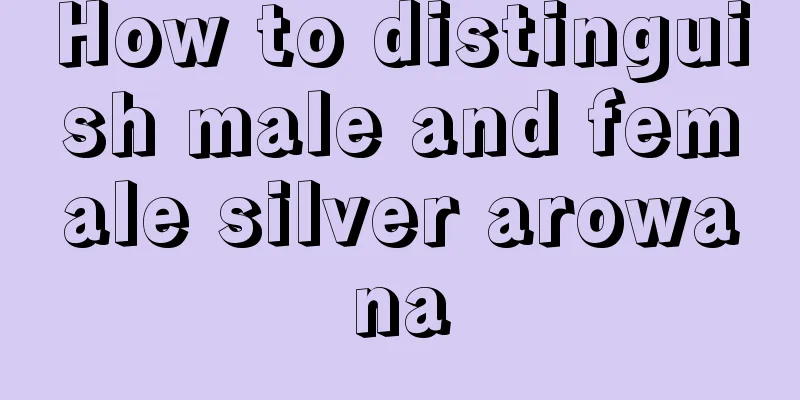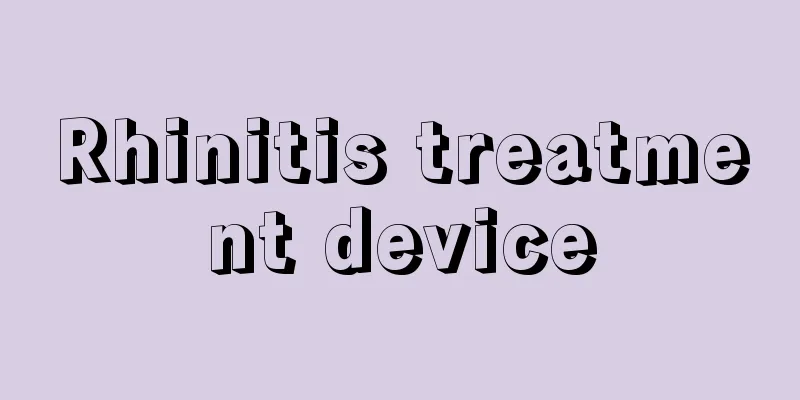Blisters and eczema on baby's feet

|
Sometimes babies' feet may be infected by viruses and develop blisters, which may be a manifestation of eczema. Never let your baby scratch a foot with blisters, because if the blisters burst, they may spread to other parts of the body. Therefore, parents must pay attention to protecting their babies to prevent blisters from spreading to other parts of the body. So what should you do if blisters and eczema appear on your baby’s feet? What are the care taboos when a baby has eczema? 1. Avoid taking a bath in hot water Bathing in hot water will irritate the baby's eczema and make it more serious, especially when the temperature rises. It should be avoided when the weather is too hot. It is recommended to bathe in warm water at 36℃~38℃. Dry your body immediately after bathing. 2. Avoid exposure to the sun Children with eczema should avoid exposure to strong sunlight, because high temperatures can stimulate sweat glands and make eczema worse. If children need to sunbathe, parents are advised to let them do so in the morning when the sun is not as strong. 3. Avoid using soap and shower gel It is recommended that children with eczema reduce the number of baths they take, and each bath should not exceed 5 minutes. It is best to use only clean water. Because the chemical ingredients in soaps and shower gels can irritate your baby's skin. 4. Prevent your baby from scratching Eczema is extremely itchy and babies can't help scratching, but scratching and rubbing may further irritate the skin or cause inflammation and make the condition worse. 5. Don’t wear synthetic clothes When children suffer from eczema, they should wear clean, soft and comfortable clothes, pillows should be changed and washed frequently, and clothes and bedding should be made of light-colored pure cotton cloth, not chemical fiber products. 6. Eat light food Nursing mothers should avoid spicy and irritating foods, such as peppers, onions, garlic, wine, etc. For babies who are starting to eat complementary foods, their diet should not be greasy and they should also avoid foods such as shrimp, crab, marine fish, and egg yolks. In daily life, be careful not to let your children eat too much. For breastfeeding mothers, be careful not to eat foods such as mackerel and shrimp that are prone to cause allergies. If your child drinks milk, you may want to boil the milk for a longer time. When adding complementary foods, do not add egg whites first. It is best to add a small amount of egg yolk first, and then gradually increase the amount. Children's food should not be too salty. Neither the mother nor the baby should wear clothes made of silk or wool fabrics to avoid causing or aggravating allergies. |
<<: Can baby eczema be washed with tea water?
>>: How to care for baby's facial eczema
Recommend
How often should I change the medicine during root canal treatment
Root canal treatment is a common and effective me...
How to improve photographic memory? What are the training methods?
The phrase "photographic memory" does n...
My leg is scratched, how can I get better quickly
Although abrasions are not considered serious inj...
Why do teeth become black due to tooth decay? It turns out they are the ones causing trouble
There are many such examples in life, where origi...
What to do if black bugs grow in rice
If black bugs grow in the rice, don't be too ...
Is there any connection between mosquito bites and blood type?
In summer, there will be many mosquitoes, and the...
Is nasopharyngeal carcinoma a genetic disease?
Nasopharyngeal carcinoma is not a simple genetic ...
Will eating avocados cause poisoning in babies? What are the advantages and disadvantages of eating avocado for babies?
There is a widespread rumor among mothers that ba...
Is the scent of lily of the valley poisonous?
As people's living standards in modern societ...
Is black wolfberry good for kidney or red wolfberry
Kidney deficiency is a common condition in the hu...
Can quitting smoking improve sexual function? Quitting smoking makes you more manly
Male friends all have the habit of smoking, which...
Unmarried and nulliparous women have very little chance of developing cervical cancer!
A large amount of data shows that the cause of ce...
How to care for colon cancer
How should you take care of yourself after you ge...
How to remove oil stains from the outside of a non-stick pan?
Non-stick pans are a very famous type of modern c...
What causes nocturnal paralysis
Many people have questions about what causes slee...









